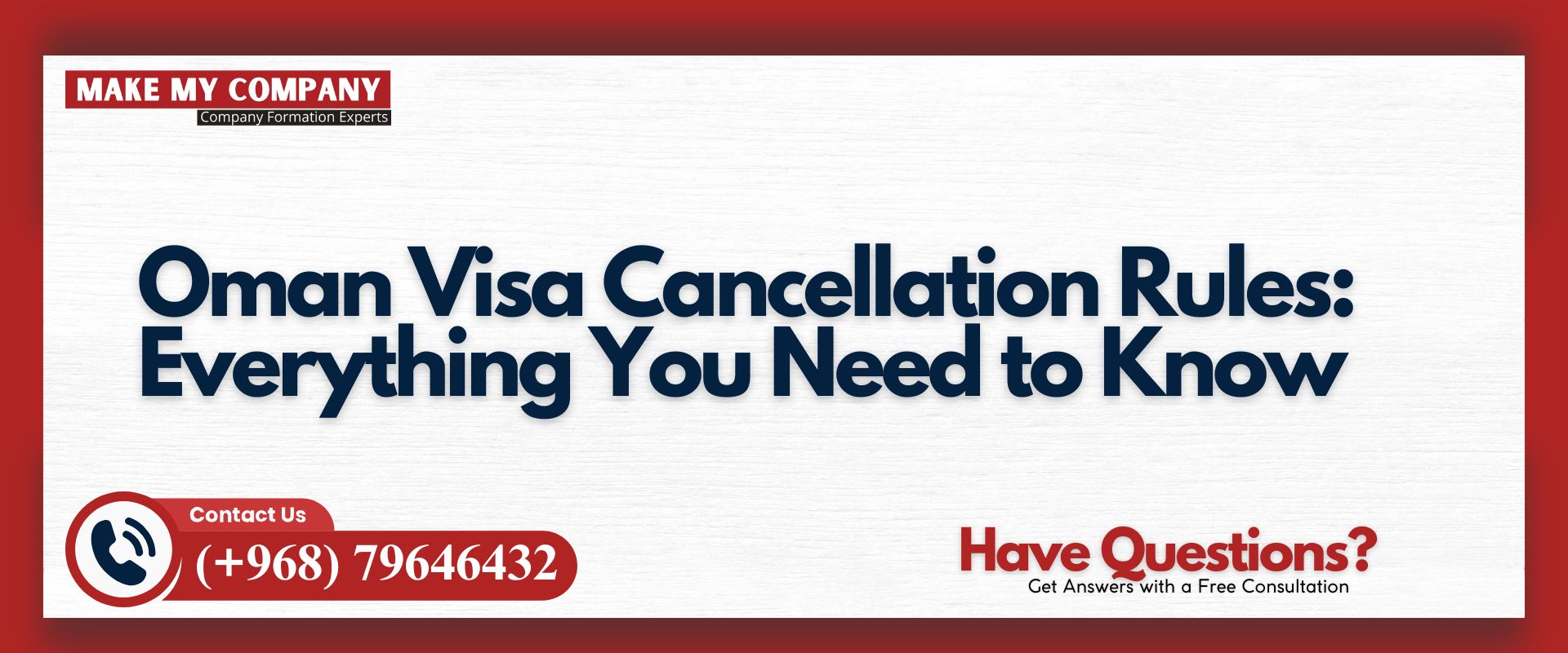The logistics sector in Oman stands as a cornerstone of the country’s economic diversification and growth. Situated at the crossroads of major global trade routes, Oman’s logistics industry is witnessing rapid expansion driven by infrastructural development, government initiatives, and foreign investment. The nation’s strategic position along the Arabian Sea and its proximity to major markets in Asia, Africa, and Europe further enhance its appeal as a logistics hub. Oman’s ports, free zones, and extensive road networks facilitate seamless movement of goods, making it a preferred destination for logistics businesses. Entrepreneurs seeking to capitalize on this flourishing sector must secure a logistics license in Oman, ensuring that they operate within the legal framework set by the government. This Information outlines the comprehensive process of obtaining a logistics license in Oman, shedding light on the essential documentation, costs, and opportunities that come with setting up a logistics business in Oman.
Table of Contents
What Is a Logistics License in Oman
A logistics license in Oman is a legal permit that authorizes individuals or companies to conduct logistics and supply chain operations within the Sultanate. This license ensures that businesses comply with Omani regulations and adhere to international logistics standards, fostering a competitive and structured logistics sector. Obtaining this license allows businesses to engage in activities such as warehousing, transportation, and freight forwarding. It plays a significant role in enhancing Oman’s capacity as a logistics hub, supporting the country’s trade flow, and reinforcing economic diversification efforts. Companies with a logistics license benefit from government incentives and access to emerging logistics corridors, solidifying their place in a fast-growing market.
Why Logistics License is Important
The logistics license in Oman is essential for ensuring compliance with national and international logistics regulations. It protects both businesses and customers by promoting transparency, reliability, and accountability within the logistics sector. Securing this license establishes credibility and trust, which is indispensable for business expansion and securing large contracts. A licensed company gains access to government tenders and projects, allowing for more extensive and profitable engagements. Additionally, it provides businesses with the ability to legally transport goods across borders and participate in cross-border logistics operations without the risk of penalties or operational shutdowns. The license also facilitates partnerships with international clients who prioritize working with legally recognized logistics operators.
Understanding Oman’s Logistics Industry and Its Opportunities
Oman’s strategic location, coupled with well-developed infrastructure, makes it a prime destination for logistics operations. The country’s ongoing investments in ports, free zones, and transportation networks have cemented its position as a regional trade gateway, facilitating trade between continents. Under Vision 2040, Oman’s government has prioritized logistics as a pillar for economic diversification, generating immense opportunities for local and foreign investors. With the development of the Oman Logistics Strategy (SOLS 2040), the government aims to establish the Sultanate as one of the top logistics hubs globally. This vision presents opportunities for businesses to invest in logistics parks, warehousing, and last-mile delivery services, creating a robust ecosystem that fosters growth and competitiveness.
Step-by-Step Process to Obtain a Logistics License in Oman
- Business Registration: The first step is to register your company with the Ministry of Commerce, Industry, and Investment Promotion (MOCIIP). Choose a relevant legal structure, such as an LLC, and ensure compliance with commercial laws.
- Choose Business Activity: Clearly outline the logistics activities your business will engage in, including freight forwarding, warehousing, transportation, or supply chain management.
- Location Selection: Secure a physical office or warehouse in a designated commercial or free zone area. The location must meet the zoning requirements for logistics operations.
- Submit Application: File for a logistics license in Oman by submitting the necessary documents and completing the application through the MOCIIP portal.
- Compliance and Inspection: Meet all regulatory requirements, including health, safety, and environmental standards. Authorities may inspect your premises to ensure they align with logistics regulations.
- Approval and Issuance: Once the application passes inspection and regulatory checks, the logistics license will be issued, allowing you to commence full-scale operations.
Each step requires meticulous planning, and partnering with experienced consultants can significantly streamline the process and ensure timely approvals.
Legal and Regulatory Requirements for Logistics Companies in Oman
Logistics companies in Oman are subject to a range of legal and regulatory requirements to ensure operational efficiency and public safety. These include:
- Registration with MOCIIP and obtaining commercial licenses.
- Compliance with health, safety, and environmental regulations.
- Securing adequate insurance coverage for goods, employees, and vehicles.
- Licensing and permits from transport authorities for commercial vehicles.
- Adherence to customs regulations and international trade laws.
Ongoing compliance is crucial to avoid fines and maintain the integrity of business operations. Regular audits and inspections help logistics companies stay aligned with regulatory updates.
Documents Required for a Logistics License in Oman
To obtain a logistics license in Oman, businesses must submit a variety of documents, including:
- Business registration certificate from MOCIIP.
- Lease agreement for office or warehouse space.
- Copies of passports for shareholders and directors.
- Comprehensive business plan detailing logistics activities.
- Proof of financial stability (bank statements or audited reports).
- Valid insurance policies covering cargo, premises, and employee liabilities.
Ensuring all documents are complete and accurate accelerates the licensing process and minimizes the chances of application rejection.
Costs of Obtaining a Logistics License in Oman
The cost of obtaining a logistics license in Oman varies depending on the scale and type of business. Here is a breakdown of typical expenses:
- Business registration fees: OMR 100 – 300
- Licensing fees: OMR 200 – 500
- Office or warehouse rental costs: OMR 500 – 1500 per month
- Insurance premiums: OMR 400 – 1200 annually
- Legal and consultation fees: OMR 300 – 1000
- Operational costs: Varies based on logistics services and infrastructure needs
A total investment of OMR 3000 to 7000 is recommended for logistics startups, with ongoing operational costs factored into annual budgets.
Ideal Location for Your Logistics Business in Oman
Choosing the right location is crucial for the success of your logistics business in Oman. Some key logistics hubs include:
- Port of Salalah: A major transshipment hub with direct links to global shipping routes.
- Sohar Port and Freezone: A well-established industrial and logistics hub.
- Duqm Special Economic Zone: An emerging logistics and manufacturing area.
- Muscat: Provides access to the domestic market and government contracts.
Strategic location choices improve efficiency, lower transportation costs, and enhance delivery timelines.
Conclusion
The logistics sector in Oman presents a wealth of opportunities for businesses willing to invest in the region. With strategic advantages and government support, Oman continues to grow as a logistics powerhouse in the Middle East. By obtaining the necessary logistics license in Oman, businesses can tap into this lucrative market and position themselves as key players in the regional supply chain. The licensing process, while detailed, ensures that all logistics operations adhere to international standards, fostering trust and growth. Entrepreneurs are encouraged to seek professional assistance to navigate the legalities and fast-track their logistics business in Oman. For seamless expansion into Oman’s logistics market, partnering with a Business setup company in Dubai can provide the necessary expertise and resources to ensure long-term success.









